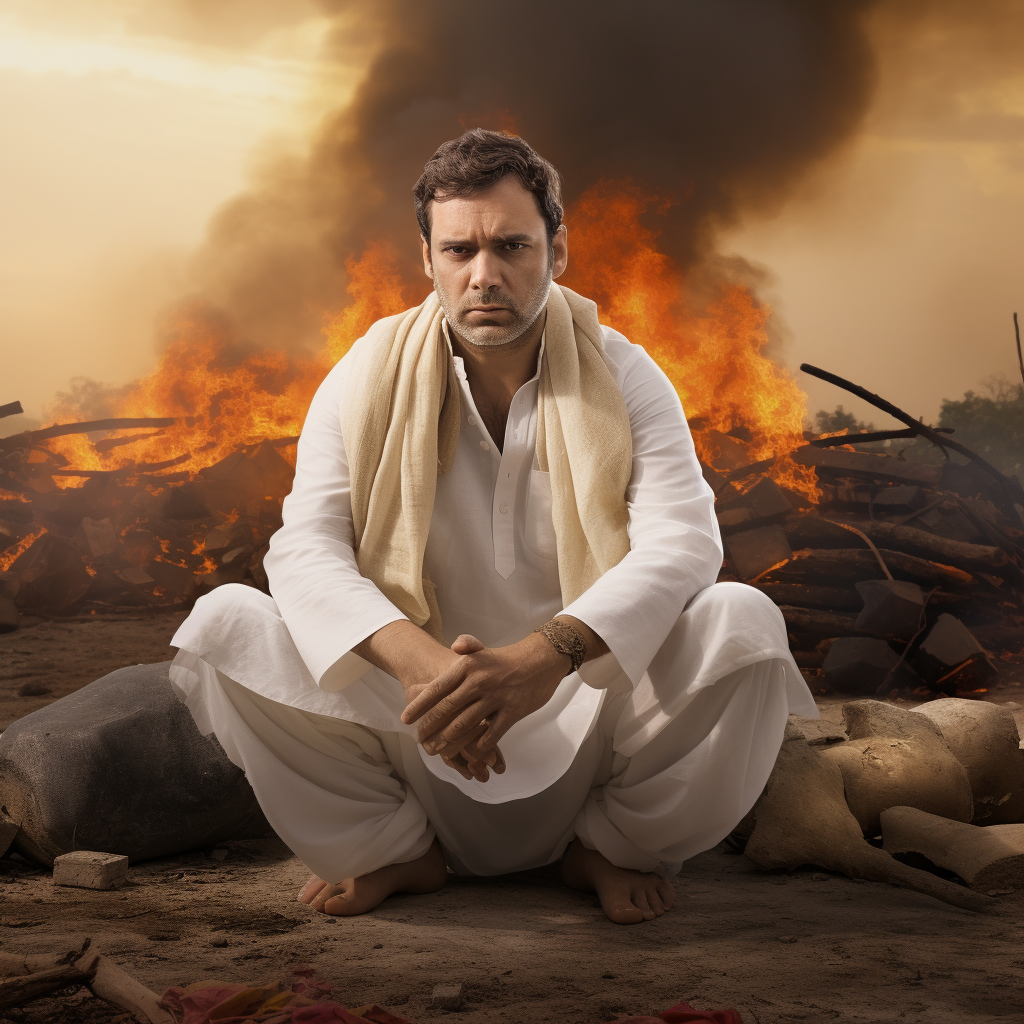Supreme Court Stays Rahul Gandhi’s Defamation Conviction Case: A Closer Look at the Verdict
Rahul Gandhi’s defamation conviction
In a significant development, the Supreme Court has stayed the conviction of Congress leader Rahul Gandhi in a felonious vilification case for his’ Modi surname’ comment allegedly made during a political rally in 2019. The court’s decision allows Rahul Gandhi to return to Parliament and share in the ongoing thunderstorm session if his class is restored by the Lok Sabha Secretariat. While the court conceded that the contended reflections weren’t in’ good taste’, it also emphasized the need for caution and responsibility in public speeches, especially for public numbers like Mr. Gandhi. Let’s claw deeper into the court’s compliances and the counteraccusations of this verdict.
The Alleged Comment and Gujarat Trial
The contestation arose when Rahul Gandhi made a comment concerning the’ Modi surname’ during a political rally in 2019. The comment, allegedly directed at Prime Minister Narendra Modi, led to a felonious vilification case against him in Gujarat. The trial court judge issued the maximum judgment of two times’ imprisonment without furnishing sufficient reasons for the severe discipline, as noted by the Supreme Court.
The Supreme Court’s Ruling
Rahul Gandhi’s defamation conviction
A three-judge Bench, headed by Justice B.R. Gavai and comprising judges P.S. Narasimha and Sanjay Kumar, observed that the Gujarat trial judge had assessed the harshest judgment without proper defense. The court also stressed the Gujarat High Court’s oversight in not addressing the lack of reasons for the maximum discipline. Accordingly, the conviction redounded in Rahul Gandhi’s disqualification as a Member of Parliament eight times under Section 8(3) of the Representation of People Act.
Significance of the Decision
The Supreme Court’s decision carries significant counteraccusations for bothering Rahul Gandhi and the ingredients he represents. By staying the conviction, the court has opened the possibility for his return to Parliament and active participation in legislative matters. The court emphasized that the disqualification not only affects the individual but also denies representation to the electorate, raising enterprises about the impacts of similar opinions on popular processes.
Caution and Responsibility for Public Numbers
While admitting the right to dissent and freedom of speech in a republic, the court reminded Rahul Gandhi of the significance of exercising caution and responsibility, given his position as a public figure. Public speeches made by individuals in prominent places can have far-reaching consequences, and thus, they’re anticipated to be aware of their words and conduct. The court compared this case to a former case where Rahul Gandhi had faced review for his” chor” reflections during the general choices, prompting him to be more careful with his public utterances.
Legal Arguments and Counterarguments
During the court proceedings, Rahul Gandhi’s legal representatives argued that the case demanded concrete substantiation to warrant the maximum judgment of two times. They contended that vilification of an” unformed group” was challenging to establish and questioned the High Court’s denial of his plea for a stay on conviction. On the other hand, the plaintiff’s counsel presented electronic substantiation, including sanctioned substantiations and recordings of Rahul Gandhi’s commentary, suggesting a clear intent to defame an entire community grounded on their’ Modi’ surname. They argued that the inflexibility of the comment warranted the assessed judgment.
Conclusion
The Supreme Court’s decision to stay Rahul Gandhi’s conviction in the felonious vilification case provides him with an occasion to return to Parliament and renew his liabilities as a Member of Parliament. While the court conceded the lack of good taste in the contended comment, it also emphasized the significance of exercising caution and responsibility in public speeches, particularly for those in the public eye. As the legal proceedings continue, this case serves as a memorial of the delicate balance between freedom of expression and the responsibility that comes with being a public figure in a republic.
Rahul Gandhi’s defamation conviction.
Article By: Afrin Bano
For More Such Updates Follow Our Facebook Community.
You can also read about Delhi Ordinance Bill.

[…] You can also read about Rahul Gandhi’s Return.Co […]
[…] You can also read about Rahul Gandhi’s Return. […]